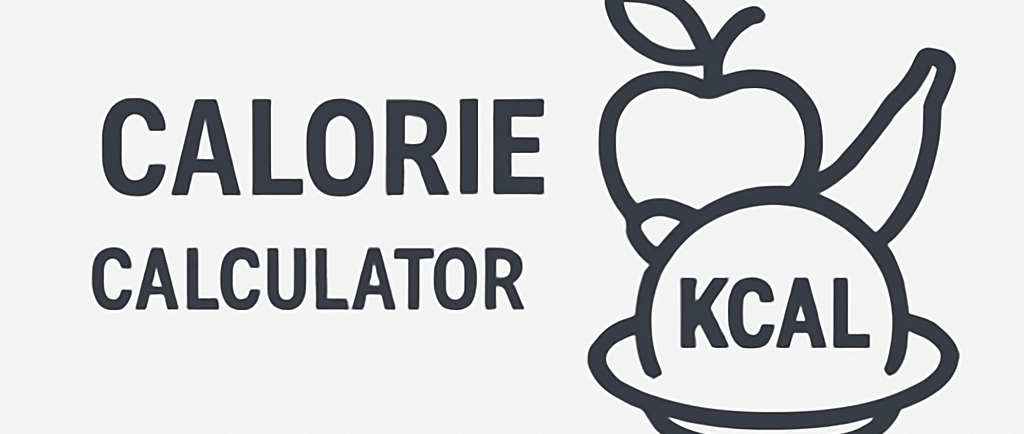free tools site for ever
Calorie Calculator: Understanding Your Daily Energy Needs
Calorie calculators are essential tools for anyone looking to manage their weight, optimize their nutrition, or simply understand their body's energy requirements. These calculators estimate how many calories your body needs based on several key factors, helping you make informed decisions about your diet and exercise routine.
4/27/20252 min read


What Is a Calorie Calculator?
A calorie calculator is a tool that estimates your daily caloric needs based on personal metrics such as age, gender, height, weight, and activity level. The result represents the approximate number of calories you need to consume each day to maintain your current weight, lose weight, or gain weight, depending on your goals.
How Calorie Calculators Work
Most calorie calculators use standardized formulas to estimate your Basal Metabolic Rate (BMR) – the energy your body needs to perform essential functions at rest – and then adjust this figure based on your activity level.
Common formulas include:
Harris-Benedict Equation: One of the oldest and most widely used formulas
Mifflin-St Jeor Equation: Generally considered more accurate for modern populations
Katch-McArdle Formula: Takes into account lean body mass for potentially greater accuracy
After calculating your BMR, the calculator applies an activity multiplier to determine your Total Daily Energy Expenditure (TDEE).
Key Factors Affecting Your Caloric Needs
Several personal factors significantly impact your daily calorie requirements:
Age: Metabolism typically slows as you age
Gender: Biological differences affect metabolic rates
Height and Weight: Larger bodies generally require more energy
Body Composition: Muscle tissue burns more calories than fat tissue
Activity Level: From sedentary to extremely active
Pregnancy/Breastfeeding: Increases energy needs
Health Conditions: Certain medical conditions can affect metabolism
Using Calorie Calculator Results
Once you have your estimated daily calorie needs, you can use this information to:
Maintain Weight: Consume approximately your calculated TDEE
Lose Weight: Create a moderate calorie deficit (typically 500-1000 calories below TDEE)
Gain Weight: Consume more than your TDEE (typically 300-500 calories above)
Limitations of Calorie Calculators
While calorie calculators provide useful estimates, they have limitations:
They provide estimates, not exact figures
Individual metabolism varies significantly
They don't account for all factors affecting metabolism
The quality of calories (nutritional value) matters as much as quantity
Beyond Calories: The Complete Picture
While tracking calories is helpful, a balanced approach to nutrition should also consider:
Macronutrient Balance: Appropriate ratios of proteins, carbohydrates, and fats
Micronutrients: Vitamins and minerals essential for health
Hydration: Water needs based on activity and climate
Meal Timing: How food intake is distributed throughout the day
When to Adjust Your Calorie Goals
Your caloric needs aren't static. Consider recalculating when:
Your weight changes significantly
Your activity level changes
You reach a plateau in weight loss or gain
Your health status changes
Your goals shift
Understanding your caloric needs with a calculator is just the beginning of your nutrition journey. The most successful approaches to diet and health combine this knowledge with sustainable habits, quality food choices, and regular physical activity.
Discover our comprehensive range of free calculators designed to meet various needs and simplify your everyday calculations. Whether you're managing personal finances, planning a budget, or calculating loans and interest rates, our user-friendly tools are at your fingertips. From basic arithmetic to complex equations, each calculator is tailored to provide accurate results quickly and efficiently.
© 2025. All rights reserved.
